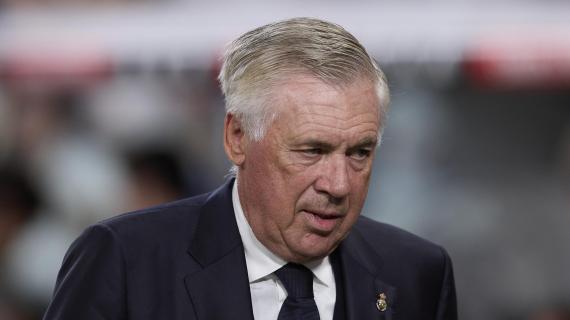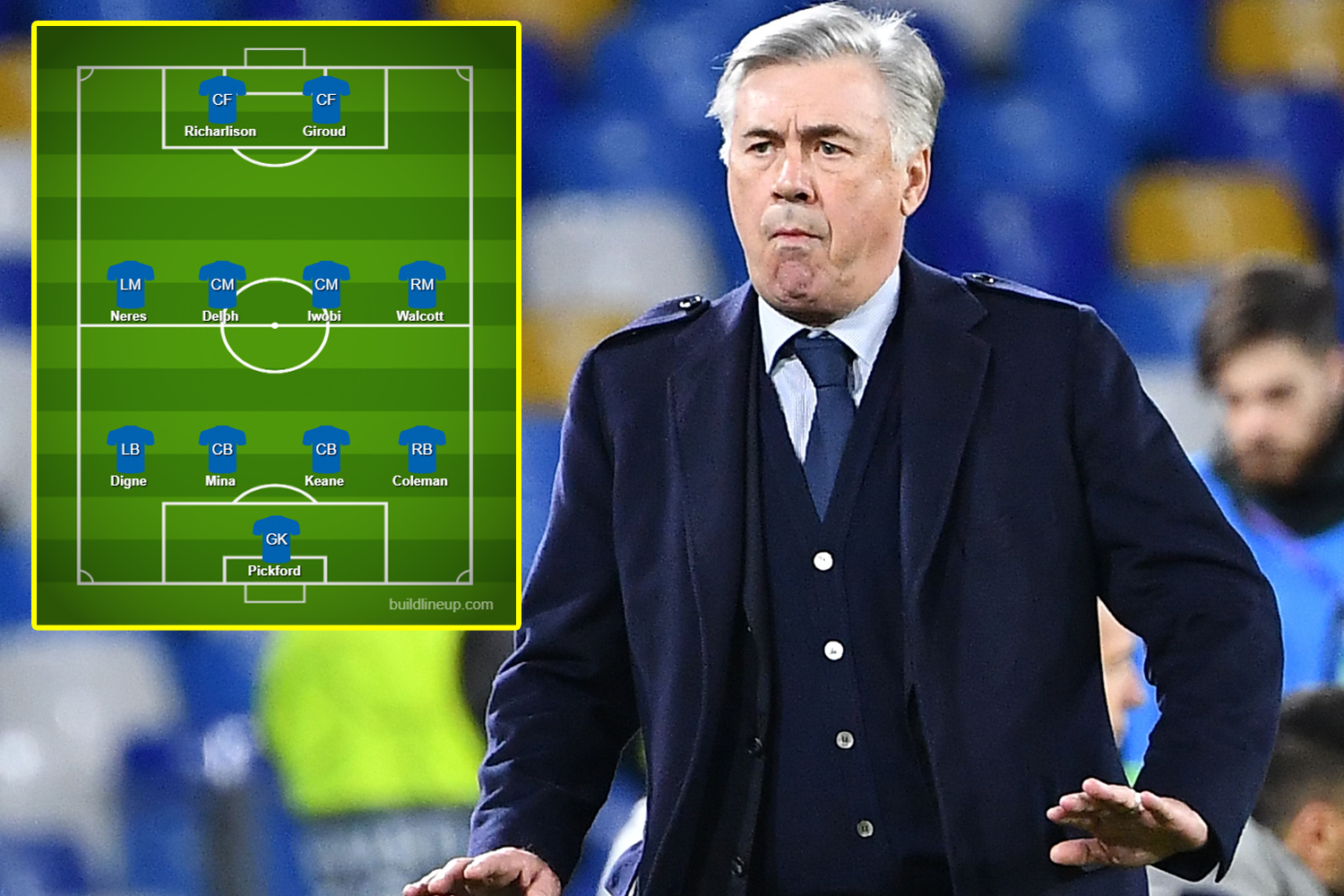In the high-stakes world of elite football, where success is often measured by silverware and job security is a fleeting illusion, even the most decorated tacticians are not immune to the harsh realities of the dugout. Carlo Ancelotti, a man whose illustrious career spans continents and boasts an enviable collection of trophies, has once again offered a rare glimpse into this unforgiving landscape. Through his new autobiography, `Il Sogno` (The Dream), the current Brazil national team coach shares a perspective often obscured by the glare of stadium lights and celebratory confetti: the personal impact of managerial dismissals.

Carlo Ancelotti, a figure of calm amidst the storm of top-tier football management.
The Gentleman Coach and the Unpredictable Game
Ancelotti, often dubbed «the gentleman coach» for his calm demeanor and exceptional man-management skills, reveals he has faced the axe four times from some of Europe`s most prestigious clubs: Juventus, Chelsea, Real Madrid, and Bayern Munich. This fact alone serves as a stark reminder that in modern football, a stellar resume is a shield, but not an impenetrable one. What stands out in his recent reflections, however, is his designation of the Bayern Munich dismissal as the «most intransigent» of his entire career.
The term «intransigent» carries significant weight. It suggests a dismissal marked by inflexibility, an unyielding stance, perhaps even a lack of dialogue or understanding. For a manager known for his adaptable tactics and harmonious locker rooms, such a characterization speaks volumes about the nature of his departure from the Bavarian giants. It hints at a deeper philosophical clash or perhaps an unbridgeable gap between his vision and the club`s direction, rather than a mere dip in form.
The Bavarian Conundrum: A Question of Power Dynamics
Ancelotti`s broader point in `Il Sogno` is equally compelling: the source of such decisive actions isn`t always the stereotypical, volatile club owner. He notes, «This demonstrates that an unpredictable president or owner is not needed to be relieved of duty. Even a company’s shareholders can do it.» This observation is a crucial insight into the contemporary football landscape. As clubs transform into global businesses, the influence of boards, shareholders, and corporate structures often supersedes the whims of a single individual. Decisions become less about personal rapport and more about quarterly results, brand perception, and long-term strategic alignments, making them, perhaps, even more «intransigent» and less open to emotional appeal.
In the case of Bayern, a club renowned for its methodical approach and strong leadership, Ancelotti`s experience underscores the immense pressure inherent in managing institutions with such deep-seated traditions and high expectations. Despite his proven track record, the delicate balance of power within the club, coupled with the relentless demand for perfection, ultimately led to his premature exit.
The Irony of Champions League Fate
Adding a poignant, almost ironic, footnote to his Bayern tenure, Ancelotti recalls the club`s Champions League journey immediately following his departure. Bayern proceeded to reach the semi-finals, only to be eliminated by – of all teams – Real Madrid. This detail serves as a subtle, yet powerful, testament to the unpredictable nature of football. It highlights how fine the margins are at the elite level and how, sometimes, a change in management, even if deemed «intransigent,» can lead to a temporary shift in fortunes, only for history to repeat itself in an unexpected manner. Ancelotti, of course, had previously led Real Madrid to their tenth Champions League title, «La Décima,» just a few years prior, making this particular twist of fate all the more noteworthy.
Beyond the Touchline: A Universal Lesson
Carlo Ancelotti`s reflections are more than just anecdotes from a celebrated career; they offer a profound lesson on resilience, adaptability, and the sometimes brutal efficiency of modern corporate structures, even within the passionate world of sports. For someone who has tasted the highest highs and weathered significant professional setbacks, his ability to consistently rebound and continue managing at the pinnacle of the game – now with the Brazilian national team – speaks volumes about his character and enduring appeal.
His autobiography, `Il Sogno,` appears to be not just a recount of triumphs, but a mature introspection on the very nature of ambition and the relentless pursuit of excellence, even when the dreams occasionally collide with uncompromising realities. It reminds us that even for legends, the ball often takes unexpected bounces, and the manager`s bench, despite its privileged view, remains a seat perched precariously on the edge of expectation.

